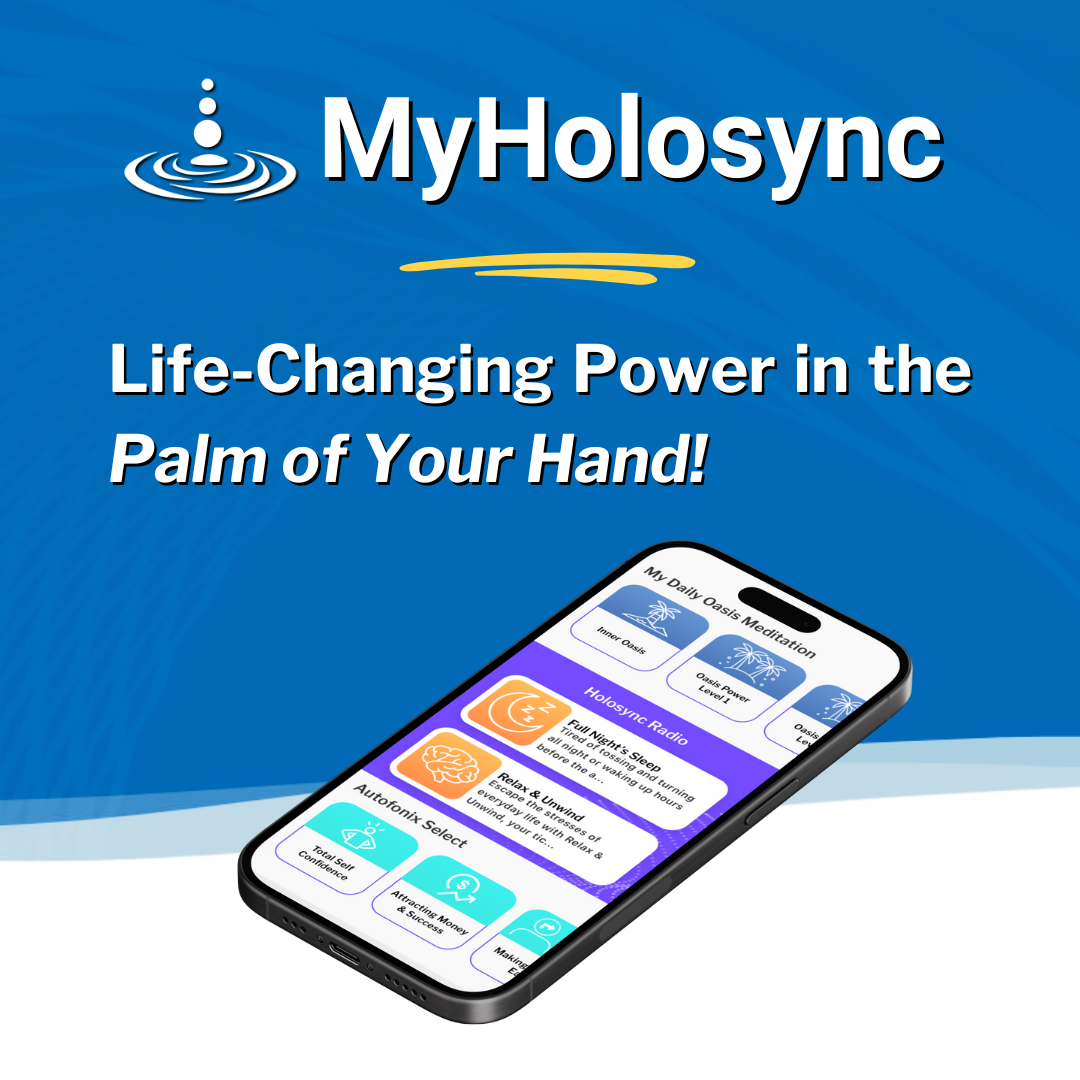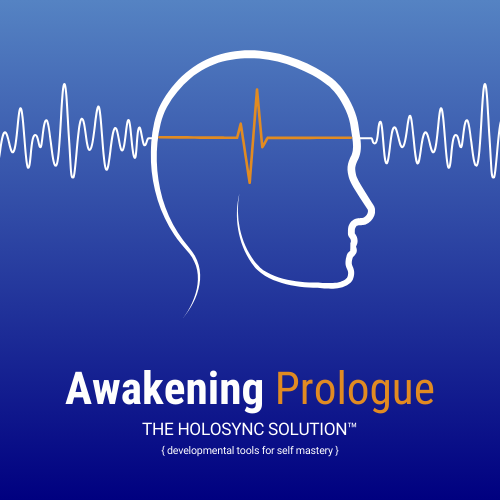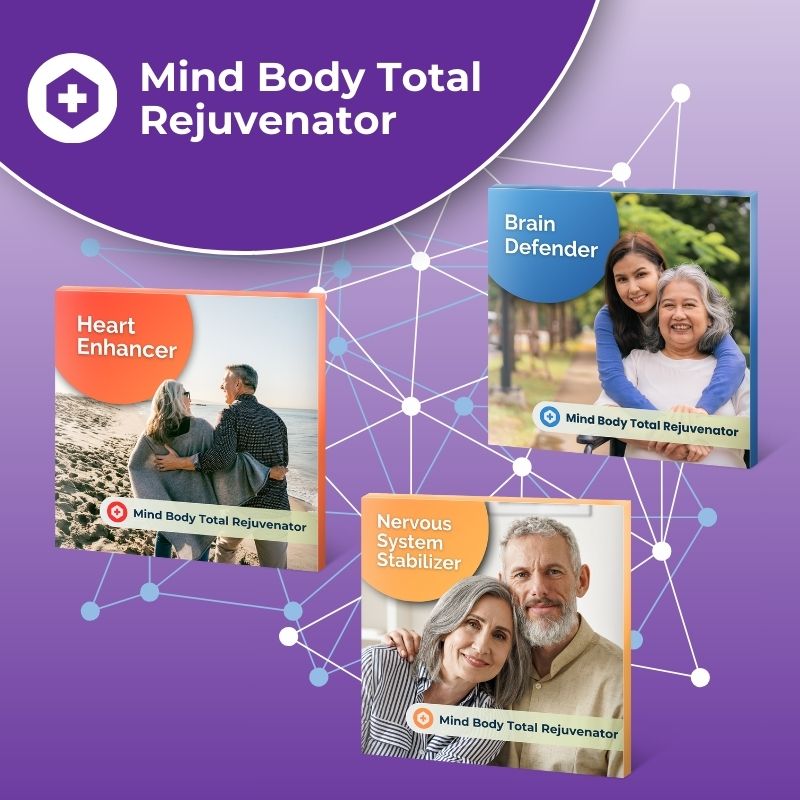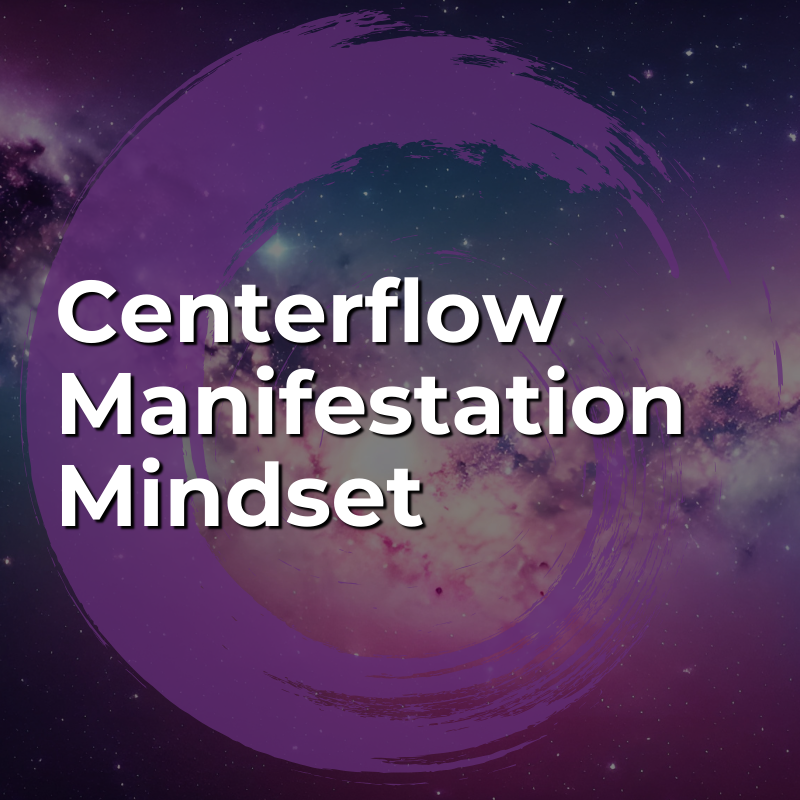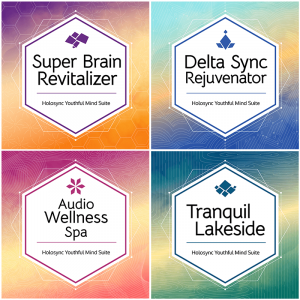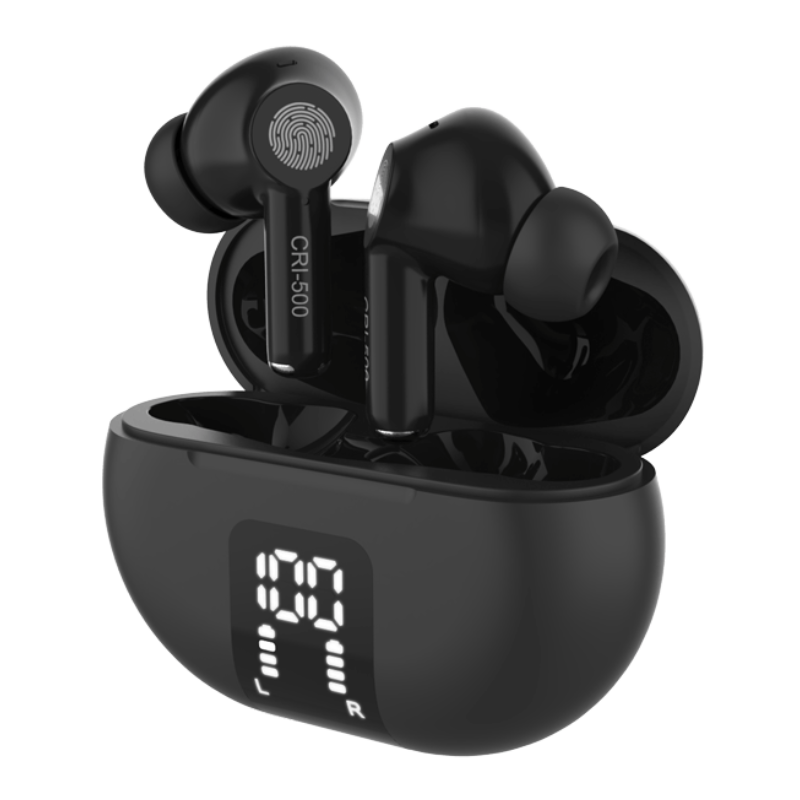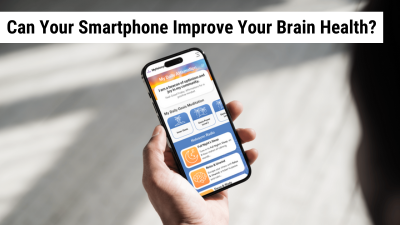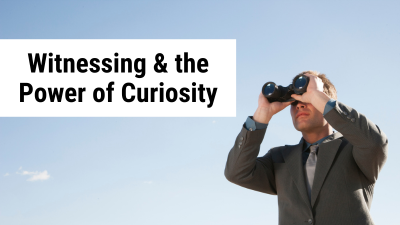
Issue #399 – Monday, November 20, 2023
By Ryan Standifird
Artificial Intelligence (AI) technology has really shaken things up over the past year - for better or worse.
On one hand, it’s made it very easy for businesses to automate many of their tedious processes and get expert-level insight into nearly any topic.
On the other hand, it’s created a headache for teachers trying to figure out which of their students' essays were written by the student and which were written by an AI program.
AI was even at the center of the nearly 5-months-long writer’s strike that locked down Hollywood this past summer.
And while the potential uses of AI are limitless, some scientists are finding that how we interact with AI reveals some major truths about human nature.
A Chatbot Experiment
Researchers from MIT and Arizona State University recently conducted a study that sought to understand how we might behave when we interact with an AI chatbot based on our preconceived ideas about that chatbot.
Around 300 participants were told that they would be interacting with an “AI health companion” for about 30 minutes, and then fill out a questionnaire on whether they would recommend it to a friend.
Then the participants were split into three groups. One group was told that the AI chatbot they will be interacting with was caring and helpful. The second group was told that the chatbot was neutral. And the third group was told that the chatbot had malicious intentions and would try to deceive the users.
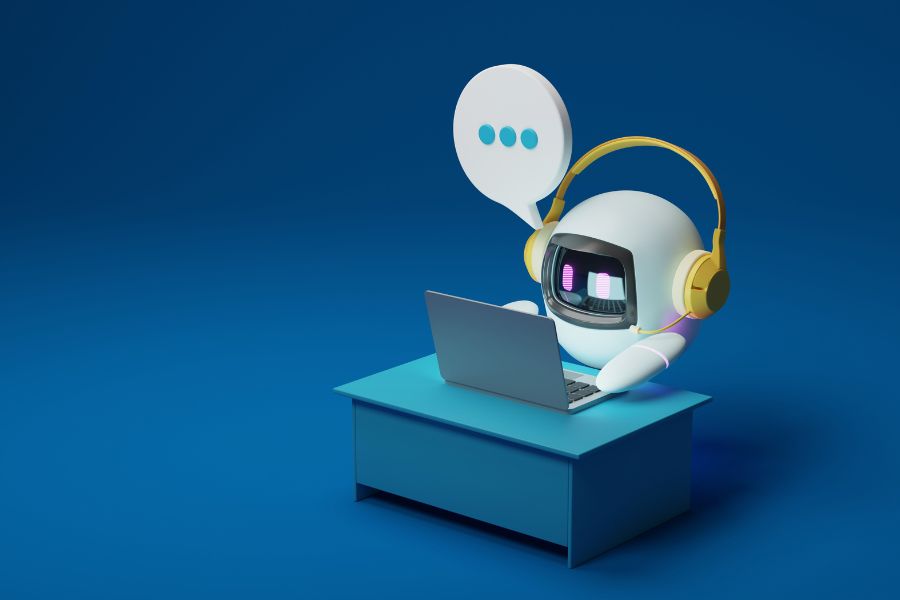
The result?
88% of the users who were told that the AI was caring and empathetic believed that it was, and they gave it a high performance rating.
The same was true for 79% of the participants who were told that the AI was neutral.
But what about the folks who were told that the chatbot was deceitful?
The number of participants who gave the AI a positive rating plummeted.
In fact, 44% of the third group believed what they were told at the outset - that the AI was manipulative and deceitful.
Again - this was the exact same chatbot, but the “priming statements” given to them greatly influenced their experiences.
Reality in the “AI of the Beholder”
So, what does this mean? Why should you care?
What this experiment has shown us is that…
…our reality is constantly being influenced by our beliefs.
Indeed, our preconceived thoughts, the things people tell us, and the things we believe have a major impact on our experiences - even if we experience the same thing.
The folks who participated in this study engaged with the exact same chatbot, but the ones who were told from the outset that this chatbot would try to deceive them had a completely different experience than the ones who were told the chatbot was helpful and kind.
In fact, the researchers noted that the questions that the groups asked were also very different, and ultimately created a feedback loop.
For example, many of the subjects who were told that the chatbot was manipulative were much more suspicious of the chatbot and asked more questions regarding the intention behind the chatbot’s answers. This led to a discourse where these users were looking for the deception - they were looking for proof that they were being manipulated. And so it’s no surprise that many of them inadvertently caused the chatbot to give them the proof that would justify their belief.
On the other hand, those who believed the chatbot was helpful and kind were able to get more genuine assistance out of it. They were looking for proof of the chatbot being empathetic and the answers the chatbot provided them were seen as uplifting and positive.
The same is true for how we perceive the things that happen in our lives.
If we have negative beliefs about other people or about ourselves, then we’ll constantly be looking for proof that backs up those beliefs - whether they are true or not.
But if we maintain positive beliefs about ourselves or others, we’ll constantly be looking for proof that makes those beliefs true as well.
It also goes to show that what other people say can influence us more than we might think. Though I will add there was another interesting twist to the chatbot study if you look into the data.
Looking for the Good in Others
Just because someone tells you something, doesn’t make it true. Most people have a healthy skepticism against negatively labeling things just because someone else had a bad experience. That’s on full display in the chatbot experiment as well.
During the experiment, less than half of the participants in the “malicious chatbot” group truly took the researchers at their word when they were told what to expect. Rather than relying on the researchers telling them what to believe, they instead were more suspicious and tried to figure out the chatbot’s intentions on their own.
The researchers believe this is because humans have an innate tendency to “try to see the good in others,” a testament to the fact that speaking with these chatbots isn't all that different from speaking with another human being. It highlights that most people have a habit of using kind, polite language when we speak with a stranger - whether they are a chatbot or a flesh and blood human.
And - just like other humans - the chatbot picks up on that kindness, that politeness, it mimics it back to the user.
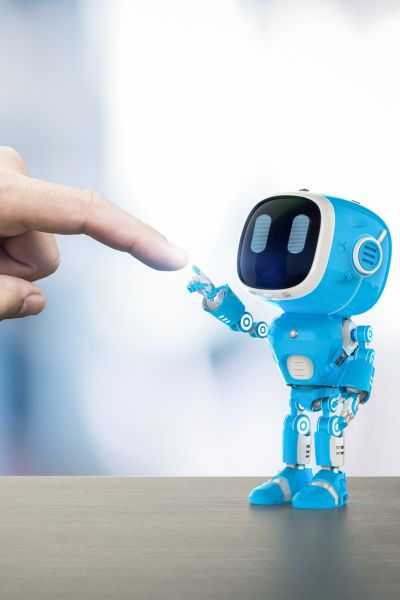
In this way, the chatbot could also be seen as a mirror, reflecting our own language trends, biases, attitudes and beliefs right back at us.
It All Comes Down to Awareness
Our beliefs shape our experiences, and in turn our reality.
We’re always on the lookout for evidence that proves our deepest beliefs true, even if it leads to outcomes we don’t want.
And most of the time this happens automatically, in the background of our mind, outside of our awareness.
But if we can become aware of our beliefs; if we can notice when we’re creating evidence out of thin air of a counterproductive belief; if we can realize which beliefs are more beneficial and which beliefs are holding us back…
…then we can start to make major, effective changes in our lives.
If you want to really get to the bottom of your beliefs, it all starts with improving your awareness.
And the best way to improve your awareness is with the Holosync Solution Program, starting with Awakening Prologue.
This potent meditation program improves your brain by calming the fight-or-flight limbic system while enhancing the prefrontal cortex that’s used for creative problem solving and long-term decision-making.
The result is more awareness, less stress, and a happier, more successful life.
You don’t have control over the things outside of your awareness. But once you become aware of a belief or a habit that isn’t serving you, you become empowered to do something about it.
Scroll down to the Check it Out section to learn more about Awakening Prologue.
Check It Out!
The Holosync Solution
Special 30% Discount!
Holosync® is the most powerful self-improvement, stress-relief
and brain enhancement tool in the world.
(If you're not using it, you're missing out!)
...including the magnificent power to attract into your life what you DO want instead of what you don’t.
Start your journey to a better you and the life you’ve always wanted,
with Awakening Prologue.
Get in on a special 30% discount today!
To Our Awakening Prologue and Deeper Level Users:
You already know the tremendous benefits of Awakening Prologue, and we also have a special price for you (30% off!) on your next “Deeper Level.”
Wise Words
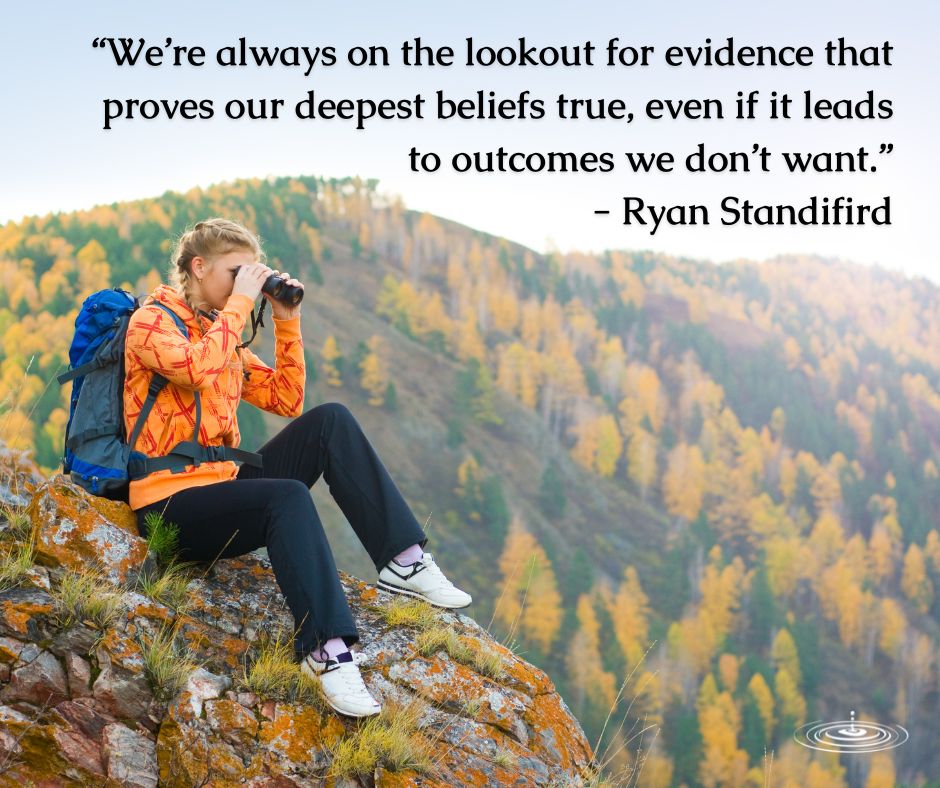
This Really Happened
Day 4. Thank you for the peace and calm this gives to the start of my day.
~Linda D.
5-Day Challenge Participant
In Case You Missed It - Listen to It!
A Gentle Revolution
Practicing Mindful Compassion
By Ryan Standifird
October 30, 2023
We Want to Hear From You!
What is a belief that is holding you back?
Post your story on our Facebook Page.
Not on Facebook? Tell me about the impact that meditation with Holosync has had on your daily life. Stress? Sleep? Weight Loss? Focus? Spiritual Connection? Other? Email your story here.

